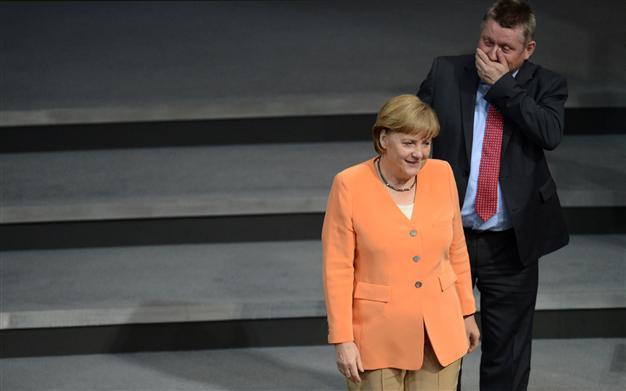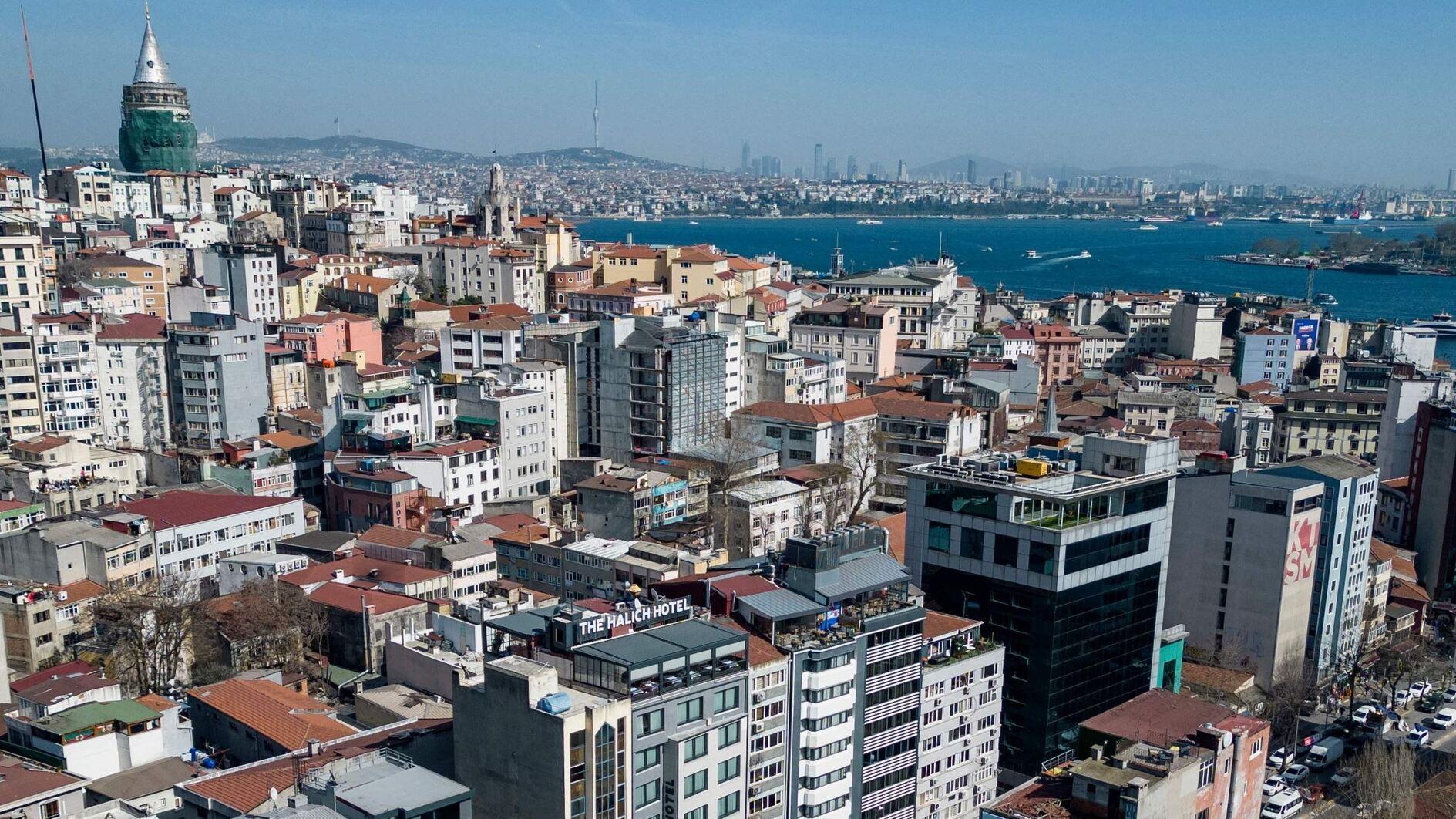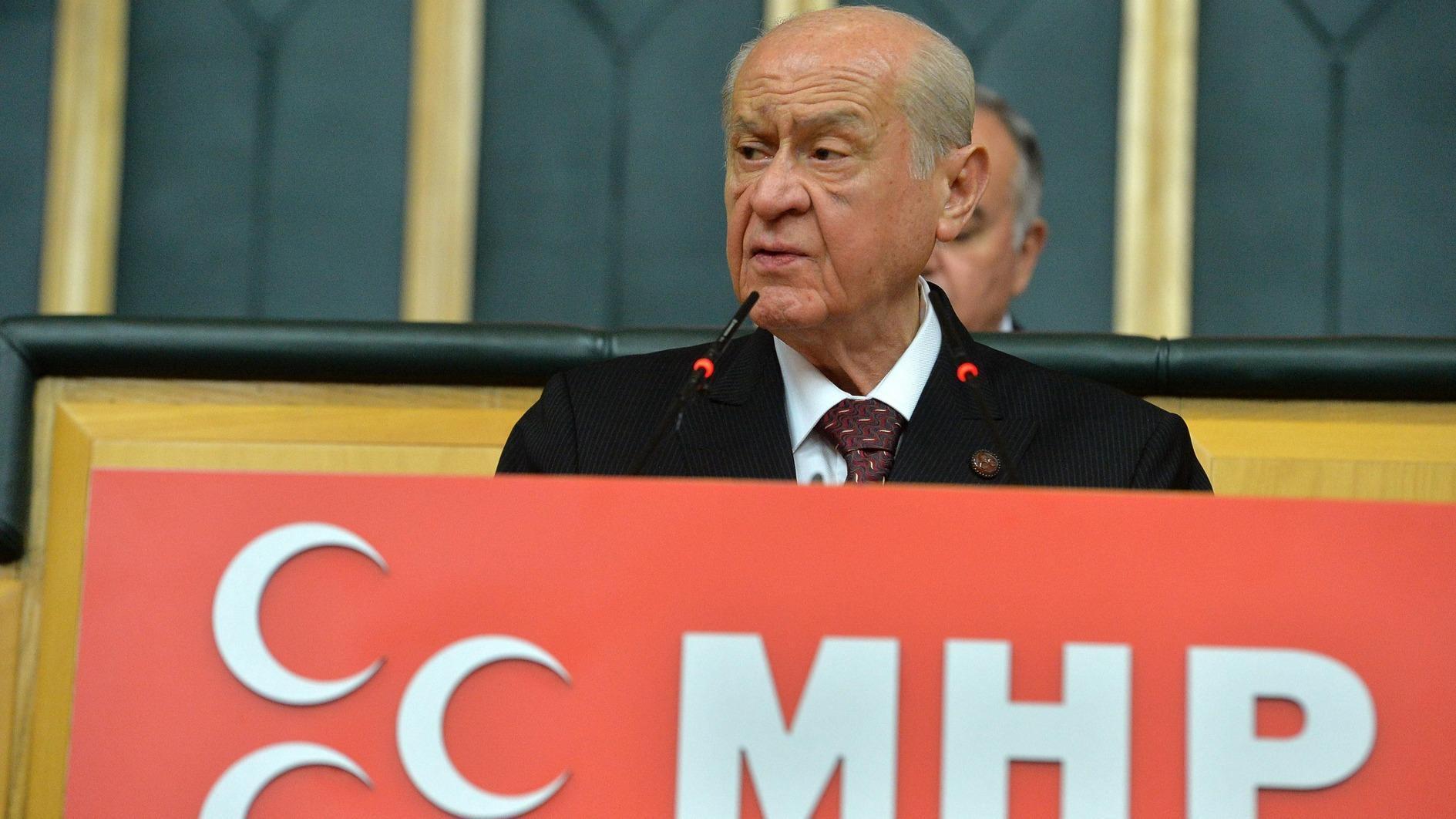Germans say they're 'better off without euro': poll
BERLIN - Agence France-Presse

German Chancellor Angela Merkel (L) and CDU general secretary Hermann Groehe (R) react as they descend the stairs at the Bundestag, the lower house of parliament in Berlin on July 19, 2012. AFP PHOTO
The majority of Germans think their country would be better off without the euro, a poll suggested on Sunday, as the economy minister reiterated doubts over whether Greece can stay in the single currency.The Emnid poll for the Bild am Sonntag mass circulation weekly showed 51 percent of Germans believed Europe's top economy would be better outside the 17-country eurozone. Twenty-nine percent said it would be worse off.
The survey also showed that 71 percent of Germans wanted Greece to leave the euro if it did not live up to its austerity promises.
Economy Minister Philipp Roesler told Bild am Sonntag there were "considerable doubts whether Greece is living up to its reform promises." "The implementation (of the reforms) is faltering. There is still no functioning tax office. Also, almost nothing has happened in terms of the promised privatisation of public assets," Roesler told the paper.
He added: "If Greece does not fulfil its obligations, there can be no more money. Then Greece would be insolvent." Roesler and his party -- junior partners in Germany's ruling coalition -- have frequently expressed doubts about whether Greece is prepared to follow through with the painful reforms necessary to stay in the single currency club.
Debt-wracked Greece is under immense pressure to carry out a structural reform programme, part of a package worth billions of euros that have been keeping its economy alive since 2010.
International auditors are currently in Greece, assessing the government's progress towards reforms seen as essential to get the country back on its feet.
The audit report will determine whether Greece will receive the next tranche of 31.5 billion euros ($38.8 billion) from its aid programme that it needs to keep the economy afloat.
















